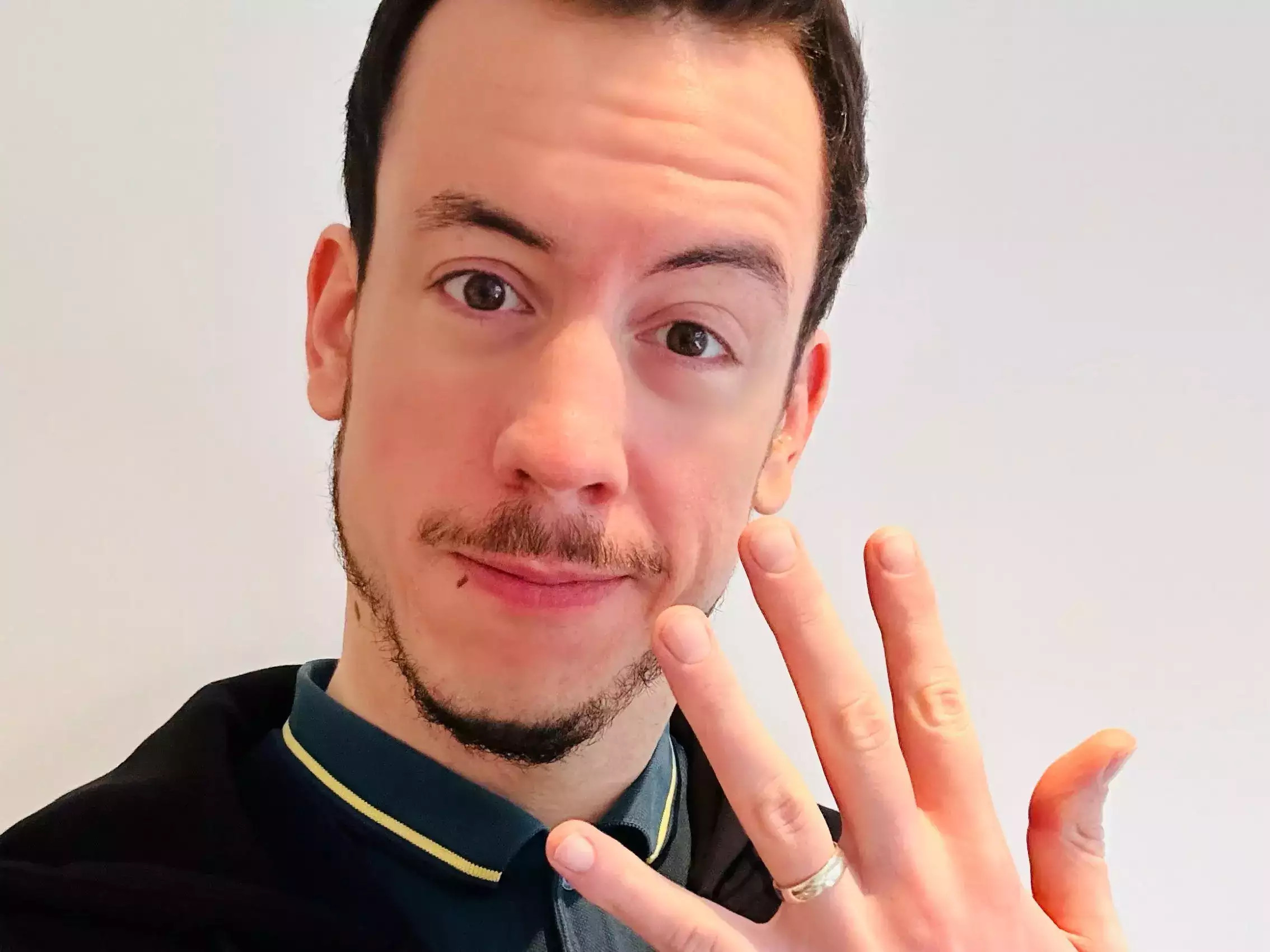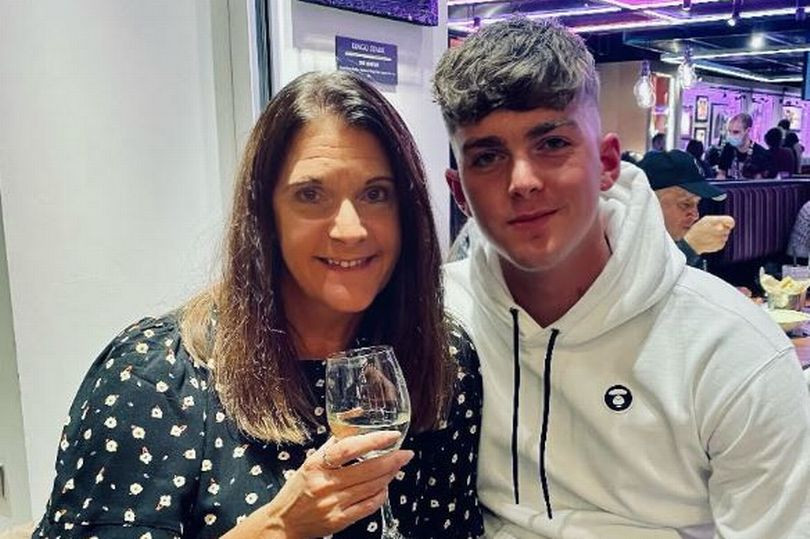Recently, I listened to a woman on TikTok explain her opinion that Kamala Harris should be referenced by her last name like men in the political field. Initially, her stance on the topic seemed appropriate as I could easily see the discrepancies in a variety of professions. When it comes to politics, we see Hillary Clinton often called Hillary. In literature, I think of Jane Austen versus Dickens. In science, there is Marie Curie versus Darwin. The female counterparts appear to always require a first name attached to their last.
In a 2022 study conducted by the Mayo Clinic, they found that female doctors were twice as likely to be called by their first names compared to their male colleagues. A 2018 Cornell University report noted college students were 56% more likely to call a male professor by his last name versus a female professor.
Stav Atir, who received a doctoral degree in social psychology from Cornell University, even said there are pros and cons to the use of first or last names in professions, “But they tend to map on to gender stereotypes with women being a little more approachable, more familiar, lower status and men generally being seen as more competent, less familiar.”
The individual on TikTok that inspired my consideration of name references for women claimed that using their first names took away a woman’s power and infantilized them.
The Significance of a First Name
After personal consideration, however, I decided I’d much rather be known by my first name. After all, even Kamala Harris has told reporters to call her Kamala. Some of this consideration came from an understanding of how women obtain their last names to begin with. When I was born, I was initially given my father’s last name. When I married the first time, I chose to take my husband’s last name and kept it when we divorced because it matched the name of our children. In my most recent marriage, I happily took on my new husband’s last name, because, honestly, what kind of a journalist would I be if I passed up the opportunity to change my initials to A. S. K? Also, I am legitimately excited to be Mrs. Kruse.
Each of these names, however, were someone else’s before they were mine. None of these last names really identified me as the strong woman I am today. Besides, I really like my first name. I’ve received many compliments on AnnaMarie, because it is not the norm with the unique spelling consisting of one word and a capital in the middle. “I’m too cool for one first name, so, I have two,” I usually introduce myself, and I’ve taught my daughter LilyAnn to say the same.
Reclaiming My Identity
With a name like this, however, I’ve never connected much to my last name. It was always just a part of a name only needed in official capacities, like a byline. If given the option, I’d much rather be like Cher or Madonna, so iconic a last name is unnecessary.
Unfortunately, my career of choice requires I present an official name to the public, so, from this day forward, look for articles written by AnnaMarie Kruse, no longer AnnaMarie Ward. It is a pleasure to meet you as the AnnaMarie I am today. While it is completely conjecture, I imagine Jane Austen would perhaps take joy in not publishing her books “By a Lady,” but instead “By Jane Austen.” So, I relish in the opportunity to be known in such a familiar way that I am not simply AnnaMarie Last-Name-of-My-Father nor AnnaMarie Last-Name-of-My-Husband, but most often just AnnaMarie.
The Power of a Name, a Journalist's Choice
As a journalist, my voice matters. I choose to use my first name, AnnaMarie, because it is my identity, my power, and a reflection of the woman I am. This is my story, and it is a testament to the power of a name, a journalist's choice, and a woman's journey to reclaim her voice. By embracing my first name, I hope to inspire other women to do the same and challenge the societal norms that often diminish the impact of a woman's name.



















